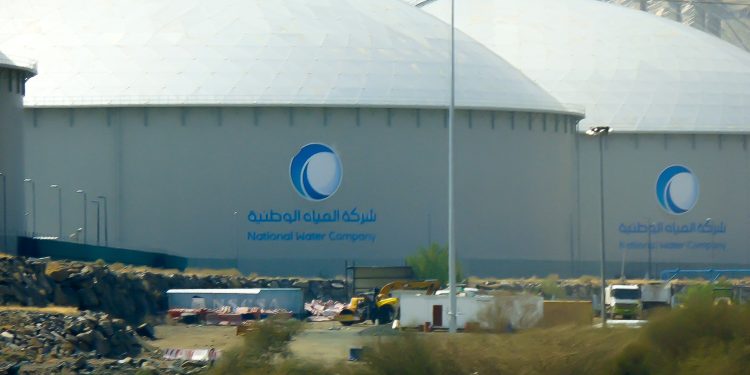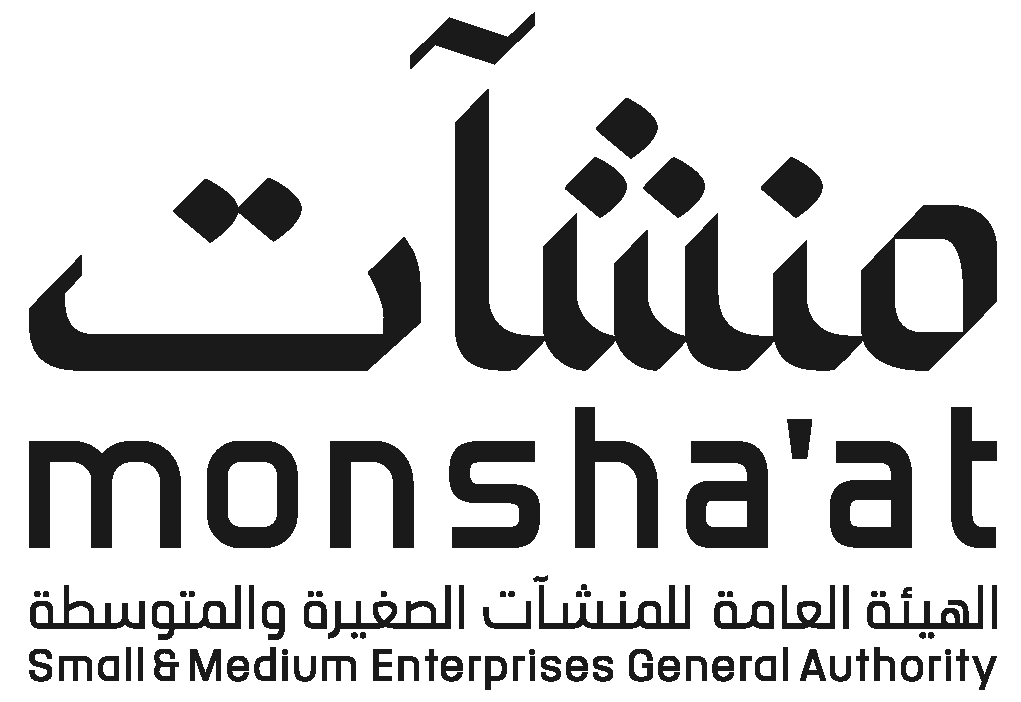According to the latest figures from the Purchasing Managers’ Index (PMI) released by Riyadh Bank in Saudi Arabia, there’s been a moderation in the expansion of the non-oil private sector in the Kingdom. January saw the slowest growth rate in two years.
Despite continuous growth in business activity and new orders, a slowdown in demand, increased competition, and escalating cost pressures have significantly dampened the rate of expansion since the end of the previous year.
The data also points to rising inflationary pressures, with strong demand for production inputs, higher material prices, and increased supply chain risks leading to the largest rise in purchasing costs since mid-2012.
Nevertheless, product prices have only modestly increased as firms often refrain from raising their prices due to intense market competition. With the slowing growth in demand and profit margins under pressure, companies have exhibited a decline in optimism for the coming year.
The headline PMI index stood at 55.4 points in January, down from 57.5 points recorded in December, marking the lowest level in two years. Business activity levels increased at the slowest pace since the start of 2022, although the overall improvement remained robust and broad-based across the sectors studied.
Activity continued to rise due to the increase in new companies, yet the growth rate of sales significantly declined to a five-month low. Many firms reported a slowdown in demand due to competitive pressures, while new export orders fell for the fourth time in six months.
Naif Al-Ghaith, Chief Economist at Riyadh Bank, commented, “It’s evident that the non-oil economy continued to grow despite the challenges arising from higher costs and interest rates.”
He added, “Despite the increases in costs, product prices remained low, which indicates a high level of competitiveness in the market.”








